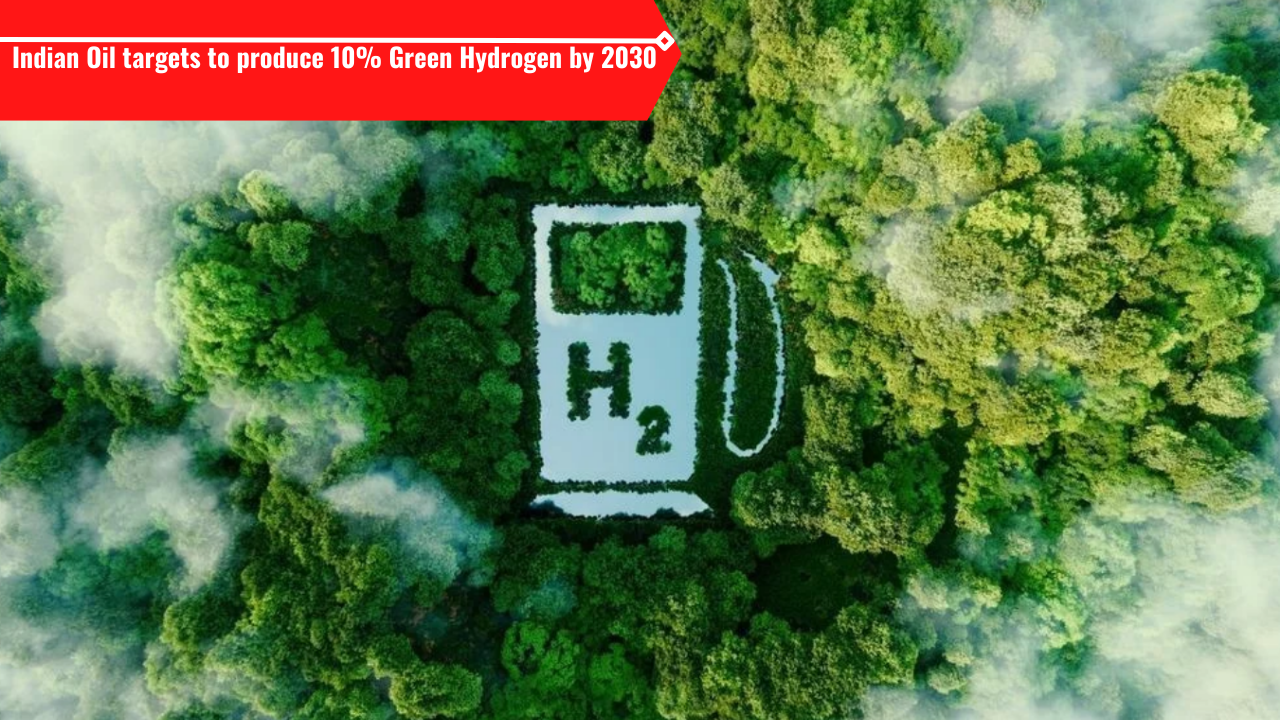By
Billy Dee Williams can continue to be proud of his endorsement of Colt 45 on the apparent ground that it works every time, unfailingly. The same cannot be said of all celebrity endorsements which, more often than not, are brand-guided and cater to the recognition and traction needs of the requisitioner. Endorsements are far removed, generally, from verifiable claims as to the product and, almost always, from a complete conviction of the celebrity as to what he or she is promoting.
So, when a charming, high-profiled, environment enthusiast and otherwise sincere Prince Charles is seen promoting a hydrogen car, it shouldn’t be gullibly taken in. Prudence would be the advised instinct – prudence that combines the ability to assess the properties of gold and the caution required at the time of a gold rush.The more uncertain the outcome, the greater may be the value of – let me paraphrase it – prudence.
Prudence in the adoption of hydrogen – blue, green, the entire rainbow range – is what I intend to advocate and emphasise. It is for the reason that the outcomes are as yet uncertain. It is for the reason that far too many times in history we have been shown blueprints and hopes only to be duped and disappointed later [Diesel-gate]. It is for the reason – so incumbent on a sustainable development policymaker not to forget – that environmental planning is planning for posterity as no other field of planning is.
Related News
Given that almost the whole world has now fallen for a binary, 0-1, true-false test and that respective lobbyists are working overtime to reinforce this [‘1’, else ‘0’], cautioning against hydrogen adoption would be clearly going against the grain. But as Isaac Asimov said: “To surrender to ignorance and call it God has always been premature, and it remains premature today.”. Despite what the awe-struck policymakers [from President Biden to ex-PM Boris Johnson] and industry leaders [from BMW to Chevron] are saying and doing, sobering scientific spirit dictates that circumspection and evidence-based assessment here have to be the key.
Hydrogen production requires decoupling the atoms from the elements with which they occur – in water, plants and fossil fuels – through electrolysis and pyro-gasification. The related processes in the value chain – production, processing, storage and distribution – have proven hazards and unanswered questions.
Two: Because of its low density, hydrogen cannot be easily transported and needs to be liquefied and compressed before they are put in pipelines.
Four: In the global distribution chain, one always has the unpredictable political risk [war, rogue nations] which accentuates the risk of leakage.
Hydrogen is highly flammable and burns in air at concentrations ranging from 4 to 75%. Hydrogen is an indirect greenhouse gas that is five times more potent than carbon dioxide over a 100-year period. Based on evident research, hydrogen may increase global warming by 20-30% compared to methane if leaked into the atmosphere. Even green hydrogen could contribute a tenth of a degree Celsius of warming in 2050.
If we consider the fact of hydrogen advocacy by extant fossil fuel manufacturers and the corresponding possibility of their using hydrogen as a green-washing ploy, the reasons for circumspection would be well-founded. All attempts must be made to ensure that hydrogen build-up is not simply an attempt to support the fossil fuel industry or extend the lifetime of fossil fuel projects.
Simply put, attention to the environmental challenges that hydrogen poses – and they are many – has been scarce. Premature truth has misled scientific pursuits and, particularly, environmental policy-making in the past. Instead of planning the wedding, attention should be given to planning the marriage. Instead of rushing in to hydrogen adoption, considered focus should be given to incrementally build the supply and demand chain in the most cost-effective, future-safe and posterity-beneficial manner.
Disclaimer: The views in the article are author’s own





